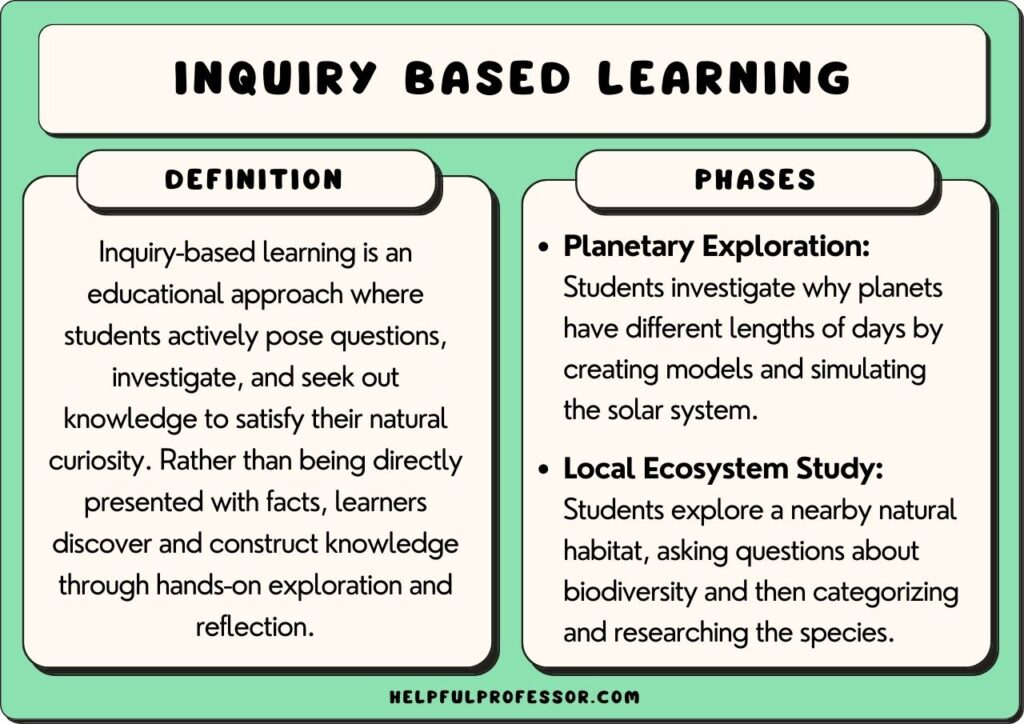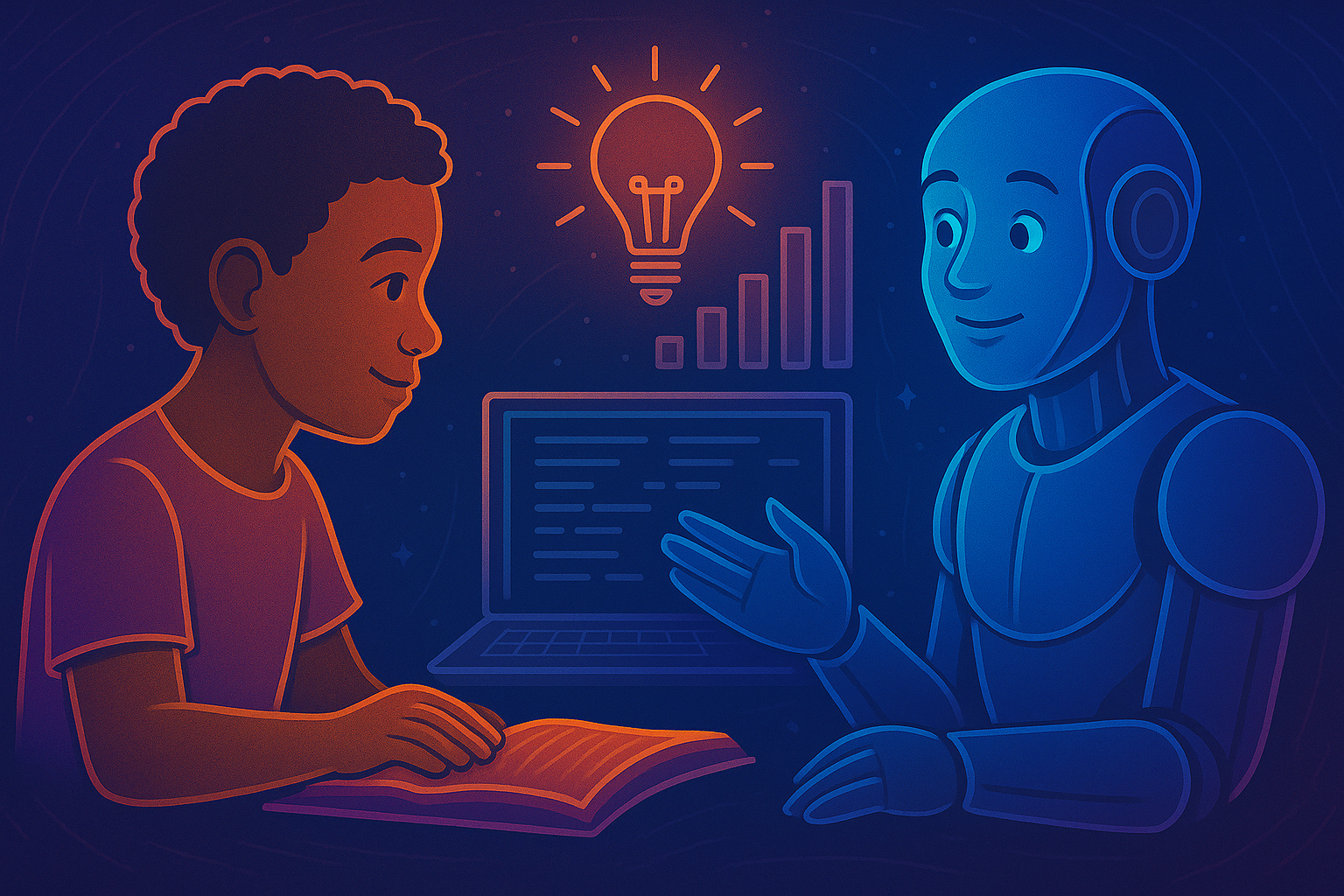ChatGPT improves student performance, according to a Nature study
A meta-analysis published in the journal Nature has revealed that ChatGPT significantly enhances students' learning outcomes and critical thinking skills. The study, which examined 51 studies conducted between 2022 and 2025, demonstrated notable benefits in academic performance and a moderate positive impact on critical thinking development.
Effective Implementation in Learning Environments
ChatGPT has proven to be particularly effective in skills-based and project-based learning environments. It serves as a smart tutor that guides cognitive processes, poses questions, and suggests alternative problem-solving approaches, thereby fostering higher-order thinking. The tool enhances complex skills such as analytical thinking, critical evaluation, and problem-solving.

One of the key findings of the meta-analysis is that the educational impact of ChatGPT depends more on how it is used rather than solely on its features. Implementations in skill-oriented courses, especially those using problem-based learning approaches, have shown the most significant improvement in conceptual mastery, motivation, and student autonomy.
Transforming Educational Experiences
ChatGPT acts as a catalyst for personalized learning, transforming the educational experience into an active and reflective process. It provides instant feedback tailored to individual profiles, validates hypotheses, and supports self-programming in various disciplines like medicine and programming.
The tool facilitates the development of skills such as analytical thinking and problem-solving, encouraging students to ask insightful questions, analyze information critically, and understand complex concepts deeply.
Promoting Inquiry-Based Learning
To optimize the use of ChatGPT, educators are advised to move away from closed exams and simple problems towards project-based assessments, case studies, and content creation. These evaluation strategies focus on measuring students' ability to think independently and apply their understanding effectively.

The Role of AI in Education
The meta-analysis emphasizes that ChatGPT has great educational potential, but its impact is contingent on proper pedagogical design, teacher supervision, and clear learning objectives. When integrated effectively, it amplifies learning outcomes; however, in poorly designed contexts, it may lead to dependency or superficial learning.
Overall, the study suggests that ChatGPT is reshaping the educational landscape by offering personalized learning paths tailored to individual student needs and learning styles. It serves as a virtual mentor, supporting continuous learning and facilitating access to customized educational materials.
Fostering Collaboration and Engagement
In addition to enhancing individual learning experiences, AI, such as ChatGPT, is enabling new active methodologies like collaborative project-based learning. Students are not only consumers of information but also creators, fostering engagement, agency, and decision-making skills.

By prioritizing action and knowledge construction over rote memorization, educational environments mediated by AI have shown improvements in emotional engagement and content retention.










